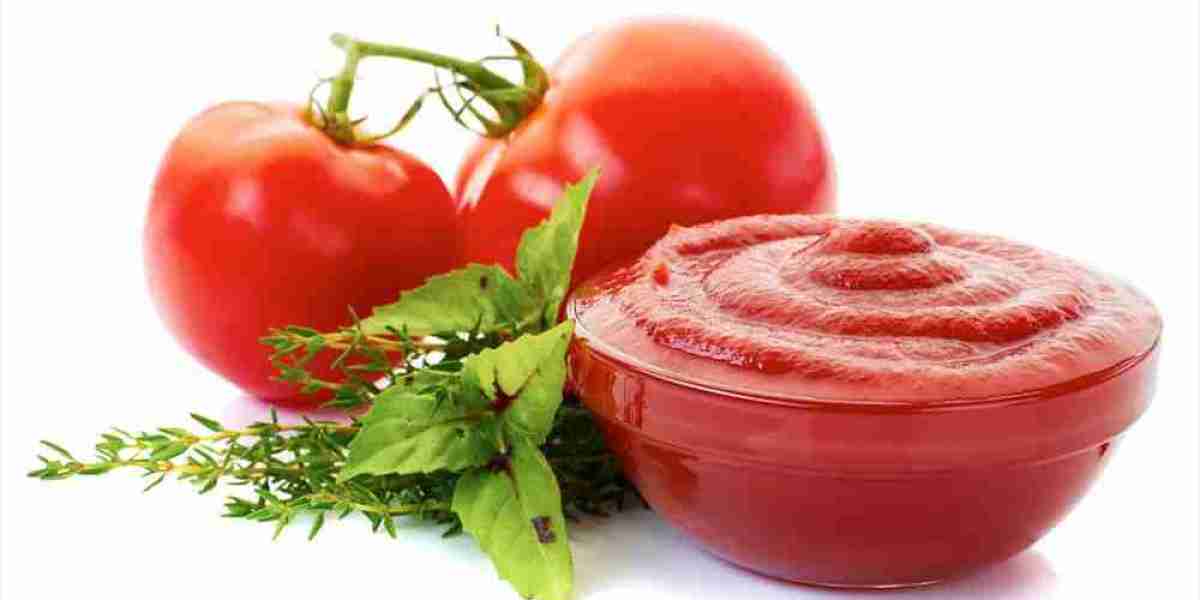Maintaining a healthy heart is crucial for overall well-being. One of the key factors in heart health is managing cholesterol levels. High cholesterol can lead to serious conditions such as heart disease and stroke. While diet and exercise are fundamental components of managing cholesterol, supplements can also play a significant role. In this blog, we will explore the best natural cholesterol lowering supplements and how they can help you maintain a healthy heart.
Understanding Cholesterol
Before diving into the best natural cholesterol lowering supplements, it’s essential to understand what cholesterol is and why it matters. Cholesterol is a waxy substance found in your blood. Your body needs cholesterol to build healthy cells, but having high levels of cholesterol can increase your risk of heart disease. There are two types of cholesterol:
- Low-density lipoprotein (LDL): Often referred to as "bad" cholesterol, LDL can build up on the walls of your arteries and form plaques, which can lead to blockages and cardiovascular diseases.
- High-density lipoprotein (HDL): Known as "good" cholesterol, HDL helps remove LDL cholesterol from the arteries.
Balancing these two types is crucial for heart health.
The Role of Supplements in Cholesterol Management
While lifestyle changes like diet and exercise are paramount, supplements can provide an extra edge in managing cholesterol levels. They are particularly useful for individuals who have difficulty achieving cholesterol targets through diet alone. Let’s explore some of the best natural cholesterol lowering supplements available.
1. Plant Sterols and Stanols
Plant sterols and stanols are naturally occurring substances found in small amounts in many plants. These compounds can help reduce LDL cholesterol levels by blocking the absorption of cholesterol in the intestines.
- How They Work: Plant sterols and stanols have a similar structure to cholesterol, which allows them to compete with cholesterol for absorption in the digestive system. This competition results in less cholesterol being absorbed and more being excreted from the body.
- Sources: These can be found in fortified foods like margarine, orange juice, and yogurt. They are also available as supplements.
2. Soluble Fiber
Soluble fiber is another powerful tool in the fight against high cholesterol. This type of fiber dissolves in water to form a gel-like substance, which can bind to cholesterol in the digestive system and remove it from the body.
- How It Works: Soluble fiber helps reduce the absorption of cholesterol into your bloodstream. It can lower LDL cholesterol levels without affecting HDL cholesterol.
- Sources: Good sources of soluble fiber include oats, barley, beans, lentils, fruits, and vegetables. Supplements like psyllium husk can also be effective.
3. Omega-3 Fatty Acids
Omega-3 fatty acids are essential fats that have numerous health benefits, including heart health. They are known for their ability to lower triglycerides, a type of fat found in the blood that can contribute to cholesterol problems.
- How They Work: Omega-3s help reduce the production of triglycerides in the liver. They also have anti-inflammatory properties that can help prevent the formation of plaque in the arteries.
- Sources: Fatty fish such as salmon, mackerel, and sardines are rich in omega-3s. Fish oil supplements are also widely available.
4. Niacin (Vitamin B3)
Niacin, also known as vitamin B3, is a vitamin that can improve cholesterol levels. It has been shown to increase HDL cholesterol while lowering LDL cholesterol and triglycerides.
- How It Works: Niacin works by inhibiting the production of LDL cholesterol in the liver and reducing the breakdown of HDL cholesterol.
- Sources: Niacin is found in foods like meat, fish, poultry, and grains. It is also available as a supplement, but high doses should only be taken under medical supervision due to potential side effects.
5. Red Yeast Rice
Red yeast rice is a traditional Chinese food product that has been used for centuries for its medicinal properties. It contains compounds that are similar to the active ingredients in statin drugs used to lower cholesterol.
- How It Works: The active ingredient in red yeast rice, monacolin K, inhibits the enzyme responsible for cholesterol production in the liver, thus reducing LDL cholesterol levels.
- Sources: Red yeast rice is available as a dietary supplement. It’s important to choose products from reputable sources to avoid contaminants.
6. Garlic
Garlic is well-known for its various health benefits, including its ability to lower cholesterol. Garlic supplements can help reduce total and LDL cholesterol levels.
- How It Works: Garlic contains allicin, which has been shown to interfere with the liver's ability to produce cholesterol.
- Sources: While fresh garlic is beneficial, garlic supplements can provide a more concentrated dose.
7. Coenzyme Q10 (CoQ10)
Coenzyme Q10 (CoQ10) is a compound that helps generate energy in your cells. It also has antioxidant properties that can protect the heart.
- How It Works: CoQ10 helps improve heart function and may lower LDL cholesterol and total cholesterol levels.
- Sources: CoQ10 is available in foods such as meat, fish, and whole grains. It is also available as a supplement.
8. Green Tea Extract
Green tea extract is rich in antioxidants, particularly catechins, which can help reduce cholesterol levels.
- How It Works: The catechins in green tea inhibit the absorption of cholesterol in the intestines and increase its excretion from the body.
- Sources: Green tea and green tea extract supplements are widely available.
Incorporating Supplements into Your Routine
When considering the best natural cholesterol lowering supplements, it’s important to consult with your healthcare provider, especially if you are taking other medications. Here are some tips for incorporating these supplements into your daily routine:
- Start Slowly: Introduce one supplement at a time to monitor how your body responds.
- Follow Dosage Instructions: Always adhere to the recommended dosages to avoid potential side effects.
- Combine with a Healthy Diet: Supplements work best when combined with a diet rich in fruits, vegetables, whole grains, and lean proteins.
- Stay Active: Regular exercise can enhance the effectiveness of cholesterol-lowering supplements.
Conclusion
Managing cholesterol levels is a vital part of maintaining heart health. While diet and exercise are foundational, the best natural cholesterol lowering supplements can provide additional support. By incorporating supplements like plant sterols, soluble fiber, omega-3 fatty acids, niacin, red yeast rice, garlic, CoQ10, and green tea extract, you can take proactive steps towards a healthier heart. Remember to consult with your healthcare provider before starting any new supplement regimen to ensure it’s safe and appropriate for your individual health needs.



